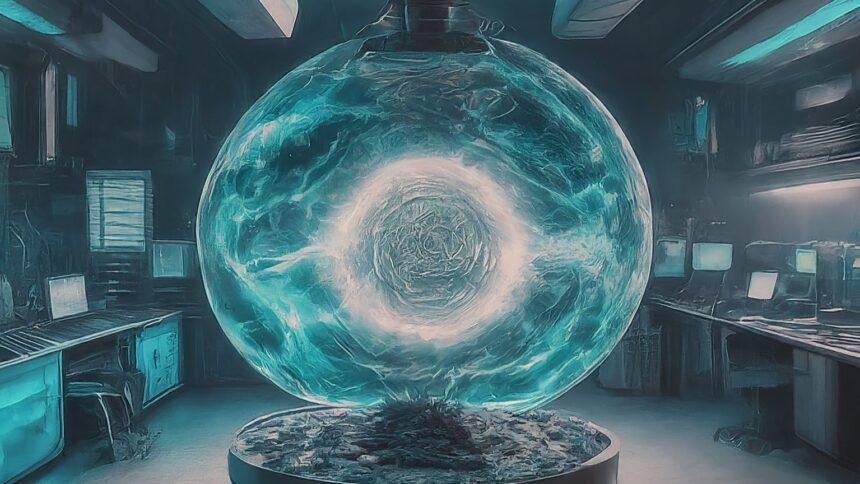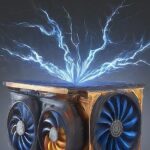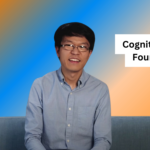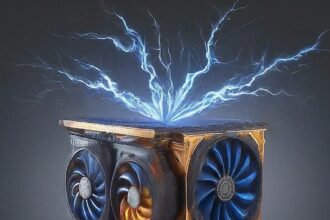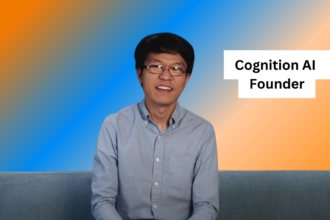The Universe holds countless secrets, and one of its greatest enigmas is dark energy, a force propelling the expansion of the cosmos. Scientists from University College London (UCL) have embarked on a groundbreaking journey, harnessing the power of artificial intelligence (AI) to delve deeper into the realms of dark energy and unveil the intricacies of the Universe’s structure.
Unlocking the Power of AI
Led by a team of researchers from UCL, the Dark Energy Survey collaboration has undertaken a monumental task: to scrutinize the influence and properties of dark energy with unprecedented precision. By analyzing a comprehensive map spanning seven billion years of cosmic history, the team has leveraged AI techniques to double the accuracy of dark energy measurements. This leap in precision has enabled scientists to scrutinize existing cosmological models and pave the way for new avenues of exploration.
Understanding Dark Energy
Dark energy, comprising roughly 70% of the Universe’s content, remains an elusive phenomenon. Alongside dark matter and ordinary matter, it shapes the fabric of the cosmos. Through innovative AI methodologies, researchers like Dr. Niall Jeffrey and Dr. Lorne Whiteway have gained fresh insights into the nature of dark energy. Their findings align with the notion of dark energy as a constant force driving cosmic expansion. However, these discoveries also leave room for alternative explanations, such as reevaluating our understanding of gravity.
Mapping the Universe
The journey to unraveling dark energy’s mysteries begins with a map—a map that charts the distribution of both visible and invisible matter across the Universe. Utilizing weak gravitational lensing, scientists observe how light from distant galaxies bends as it traverses the cosmos, revealing the hidden scaffolding of dark matter. Through meticulous analysis of 100 million galaxies, researchers construct a detailed blueprint of cosmic structures, shedding light on the Universe’s underlying architecture.
AI-Powered Simulations
Central to this endeavor are simulations—virtual replicas of the Universe generated by supercomputers. Powered by UK government-funded resources, these simulations explore diverse cosmological scenarios, each offering a unique perspective on the cosmos. AI algorithms sift through vast datasets, extracting crucial insights into cosmological models. This fusion of AI and simulation techniques allows researchers to glean unprecedented understanding from the wealth of observational data.
Future Horizons
As the quest to unravel dark energy’s secrets continues, new frontiers beckon. Initiatives like the European Space Agency’s Euclid mission promise to expand our cosmic vista, providing fresh data to refine existing models. Challenges persist, however, as discrepancies between observations and theoretical predictions spark debates about the fundamental nature of the Universe. Yet, armed with AI and boundless curiosity, scientists stand poised to unravel the mysteries that shroud our cosmic existence.
Conclusion
In the infinite expanse of the Universe, mysteries abound, yet humanity’s quest for knowledge knows no bounds. Through the convergence of AI, astronomy, and astrophysics, researchers at UCL and beyond illuminate the darkest corners of space, unraveling the enigma of dark energy and unlocking the secrets of the cosmos. As we journey onward, guided by curiosity and innovation, the Universe beckons with untold wonders, awaiting the next breakthrough in humanity’s cosmic odyssey.
